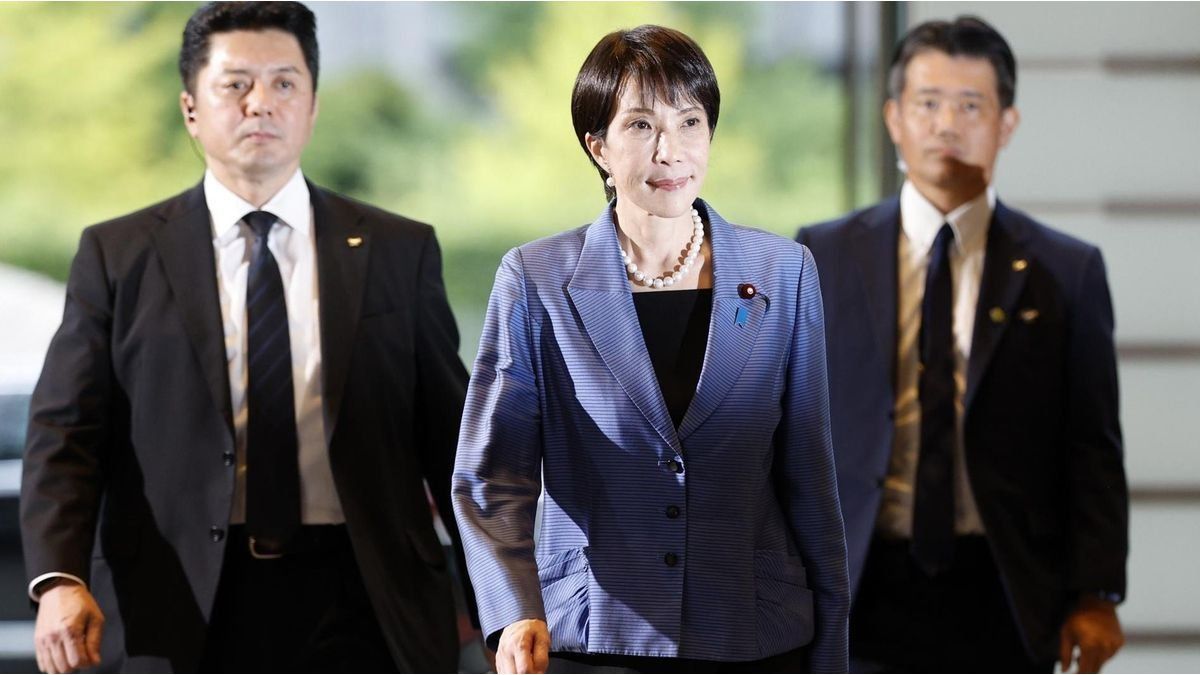The sustained fiscal imbalance financed with monetary issuance or with unsustainable indebtedness, is probably the best known and commented on in classical economics books. It is not the only one, however; and its impact on prices is very diverse from country to country, depending on its history, size and concentration.
The second, much less widespread in the rest of the world but with a very high impact in our country, has to do with the external front. The balance of payments deficit (in Creole, the shortage of dollars) has been much more dangerous in Argentina than the fiscal deficit. An erratic policy in the movement of speculative capital has generated recurrent exchange runs that fed back on a mentally bimonetary population in the conception of its savings and that many years ago decided to take refuge in the dollar against the systematic scourge of inflation. The successive devaluations of the peso have always ended in more inflation, lower purchasing power of wages and a higher level of poverty.
The last but not least, especially in periods of uncertainty, lies in the lack of an anchor of expectations. Argentines mostly have high expertise in self-hedging financial risks and we tend to have behaviors that only contribute to “spiraling out” more nominal inflation and generating less general stability; The role of the government, companies and unions in establishing a consensual guideline to gradually unbalance the imbalances in the economy in terms of wages, prices and rates, will be of vital importance to achieve a sustained reduction in the general level of prices.
Why a good agreement with the IMF could be a virtuous objective for all economic agents? Fundamentally because it could contribute positively to the three causes that we have just identified as inflationary drivers.
In the first place, it would give us time not to slow down the growth of the economy, which this year will come to recover the fall of the year of the pandemic; By avoiding capital payments for a couple of years, these resources could be used for investment in public works that mobilize and reactivate the main sectors of the economy. That does not mean that the fiscal effort must be visible and there are at least some areas of obvious unnecessary subsidies that must be corrected with a sense of urgency.
In second place, It would clear the formal impediments to the entry of fresh funds from multilateral organizations that would strengthen us on the external front during the transition towards a much more surplus trade balance with growing exports (lithium, gas, mining, hydrocarbons and our traditional super competitive agricultural industries, livestock and science of knowledge).
Finally, fully reintegrating ourselves into the financial world would give us very good leverage on the most delicate of internal fronts: that of the world of expectations. A broad social consensus on these issues, endorsed later by a large political majority in Congress, would be a very valuable first step to direct the Argentine macroeconomy on a path of stability and inclusion.
Source From: Ambito
David William is a talented author who has made a name for himself in the world of writing. He is a professional author who writes on a wide range of topics, from general interest to opinion news. David is currently working as a writer at 24 hours worlds where he brings his unique perspective and in-depth research to his articles, making them both informative and engaging.




